Recent developments in global financial news have brought renewed attention to the reshuffling of a private investor consortium aimed at acquiring the German manufacturer Gerresheimer AG. This company, known for producing prefilled syringes used for weight-loss medications such as Wegovy from Novo Nordisk, has emerged as a significant target in today's investment landscape. Recent reports from Bloomberg and Reuters confirm that major market players like KKR and Warburg Pincus are adapting their strategies, signaling important shifts that reflect broader market trends.
KKR, once a part of the investment group, has unexpectedly withdrawn from the discussions about acquiring Gerresheimer AG. According to insider information cited by Bloomberg, the decision marks a turning point in the negotiations. At the same time, Warburg Pincus continues to work diligently towards finalizing the deal, demonstrating its sustained interest in the venture. Earlier this month, Reuters reported that the consortium—of which both KKR and Warburg Pincus played key roles—had submitted a non-binding offer for the acquisition, thereby underlining the appeal of Gerresheimer as a promising asset.
Key Milestones in Restructuring Investment Strategies
To better understand the rationale and consequences of these shifts within the consortium, several critical steps can be highlighted:
1. Evaluating market conditions and assessing the risks associated with acquiring Gerresheimer AG.
2. Conducting comprehensive negotiations among consortium members and outlining subsequent steps.
3. Formulating and presenting a non-binding offer designed to gauge regulatory interest and market feedback.
4. Deciding individually whether to continue or withdraw from the consortium, as seen in KKR’s recent decision.
5. Revising proposals and developing alternative strategies to secure positions in an evolving market environment.
These stages vividly illustrate the dynamic nature of high-stakes negotiations in today’s financial world, where adaptability and swift decision-making are key to navigating uncertainty.
Advantages and Challenges in the Investment Process
The recent changes in the consortium’s composition reflect both potential benefits and inherent challenges for major market players:
• Enhanced transparency during negotiations coupled with flexible strategy adjustments allows for rapid responses to market shifts.
• The opportunity to reallocate resources towards more robust and stable entities, with Warburg Pincus continuing to engage strongly in the deal.
• The inherent risk associated with volatile market conditions, which may prompt a re-evaluation of initial investment forecasts.
By streamlining the consortium, investors may achieve more effective asset management and risk reduction. However, these structural changes also demand a reconfiguration of original plans and a realignment of strategies to suit the prevailing economic climate.
Gerresheimer AG’s Strategic Role in the Global Market
Gerresheimer AG stands as a crucial player in the medical technology sector, particularly due to its production of prefilled syringes. With a market capitalization estimated at roughly 2.22 billion euros according to data from the London Stock Exchange Group (LSEG), the company has attracted significant attention from investors worldwide. Its role in manufacturing devices essential for administering weight loss medications like Wegovy underscores the company’s strategic importance within the pharmaceutical industry.
Several key factors have contributed to making Gerresheimer an attractive investment target:
- A growing global demand for healthcare and pharmaceutical products.
- The integration of advanced technologies into traditional manufacturing processes.
- Regional market nuances and evolving regulatory standards that enhance the company’s appeal.
An Analyst’s Perspective on Strategy Shifts
The contemporary financial market is marked by uncertainty and rapid change. KKR’s decision to step away from the consortium is a prime example of an agile strategy in times of market turbulence. In contrast, Warburg Pincus’s commitment to moving forward with the deal signals confidence in Gerresheimer AG as a valuable asset.
Experts in the field point out that maintaining a close watch on negotiation quality, effectively managing risks, and being prepared to make swift decisions are critical for the success of such transactions. These measures not only help in narrowing down investment risks but also in reinforcing strategic alliances that are vital in a constantly evolving market.


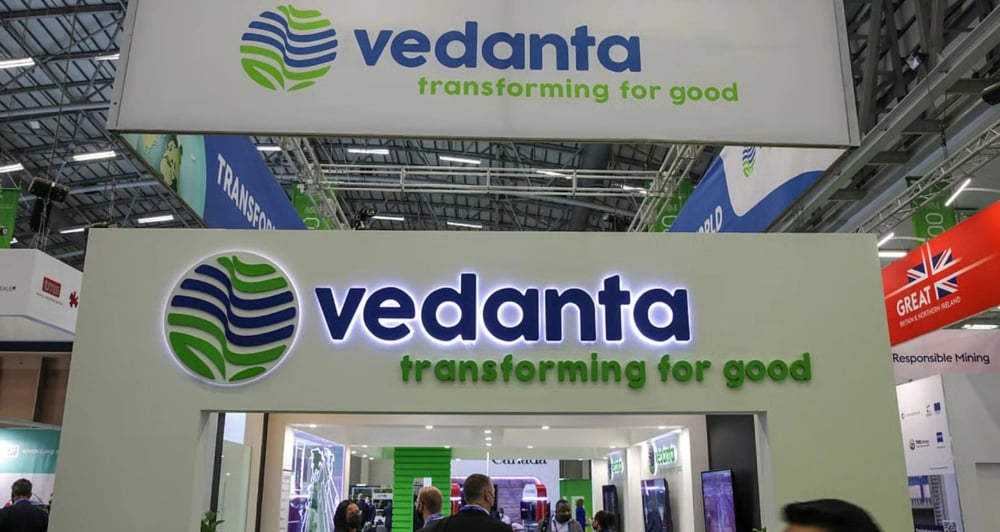
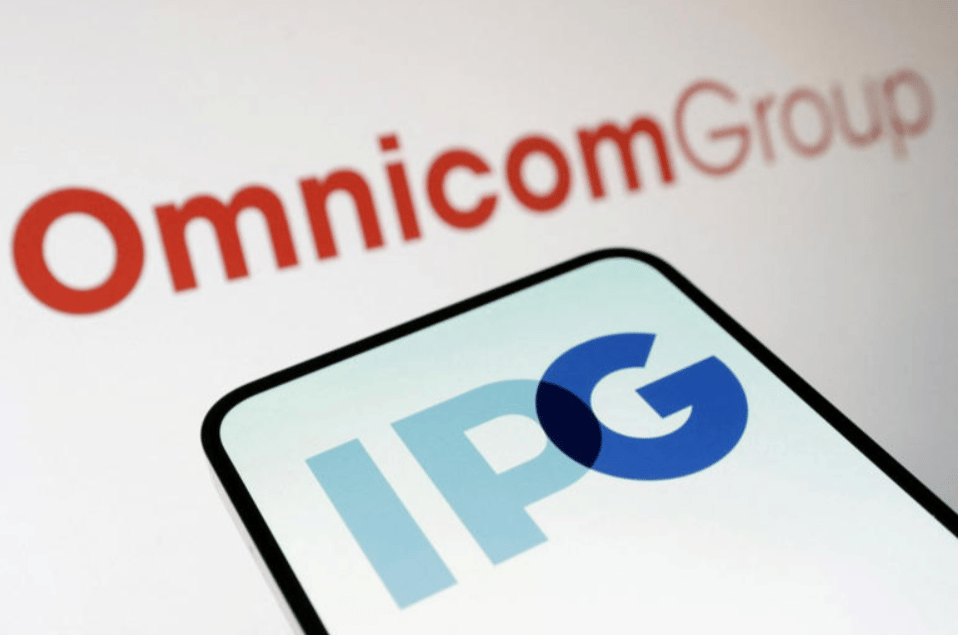
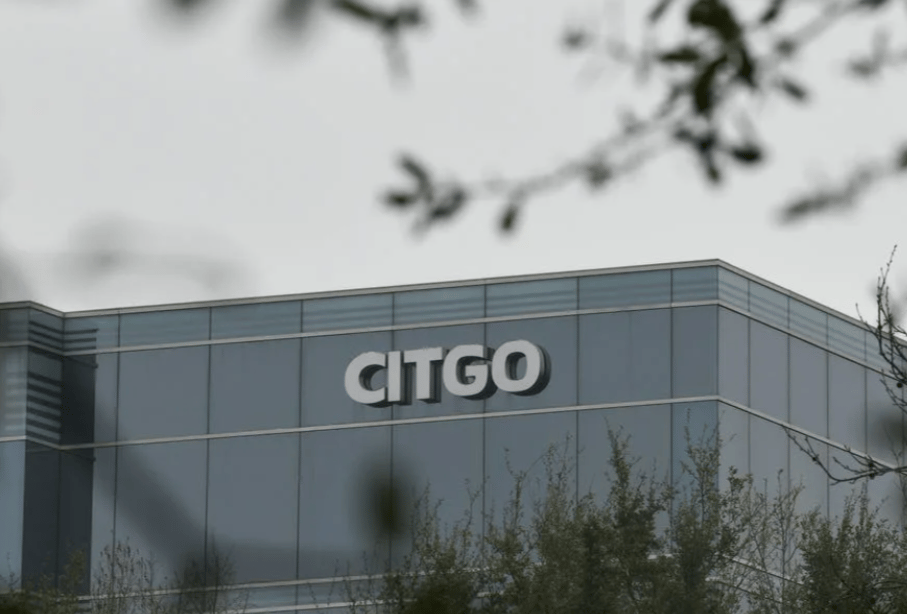
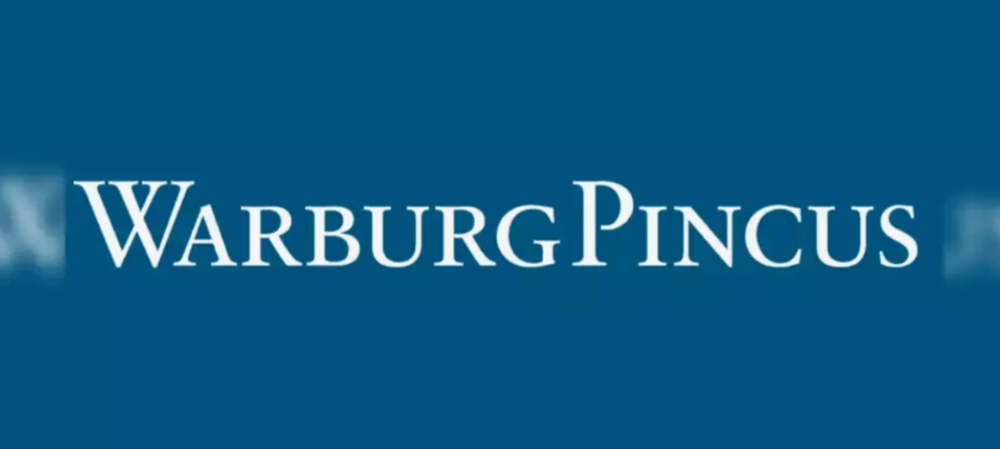
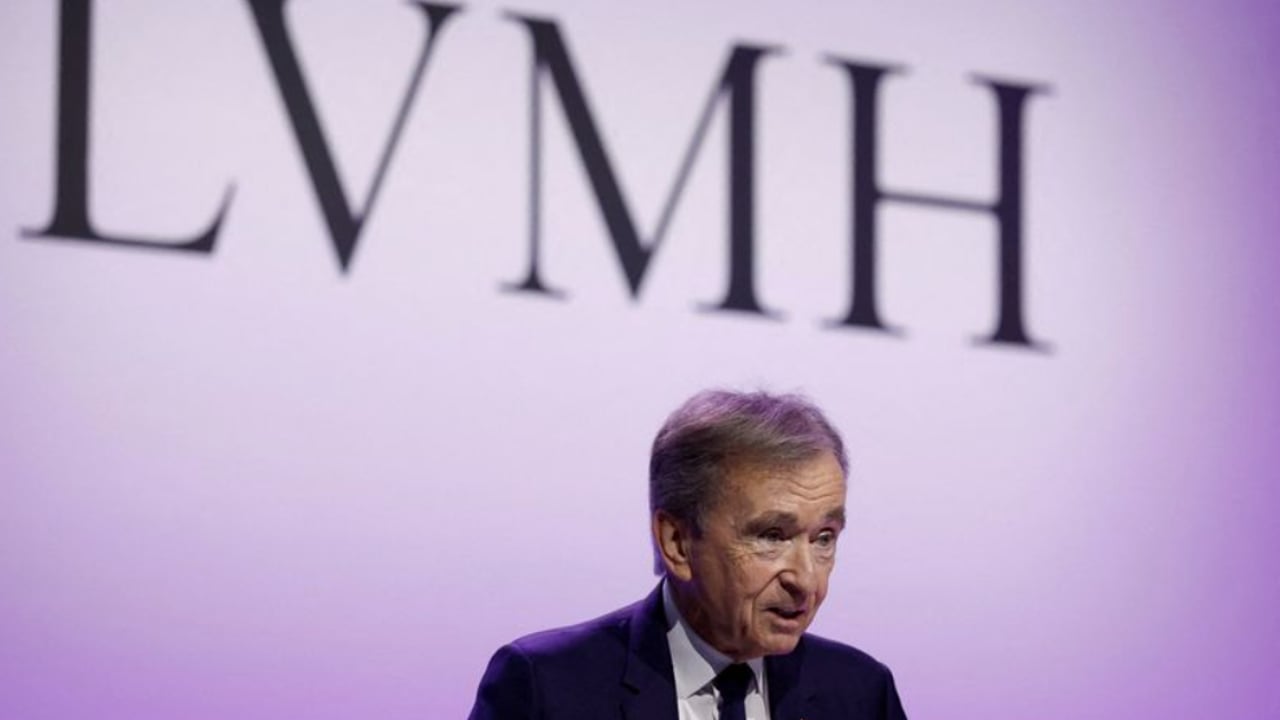
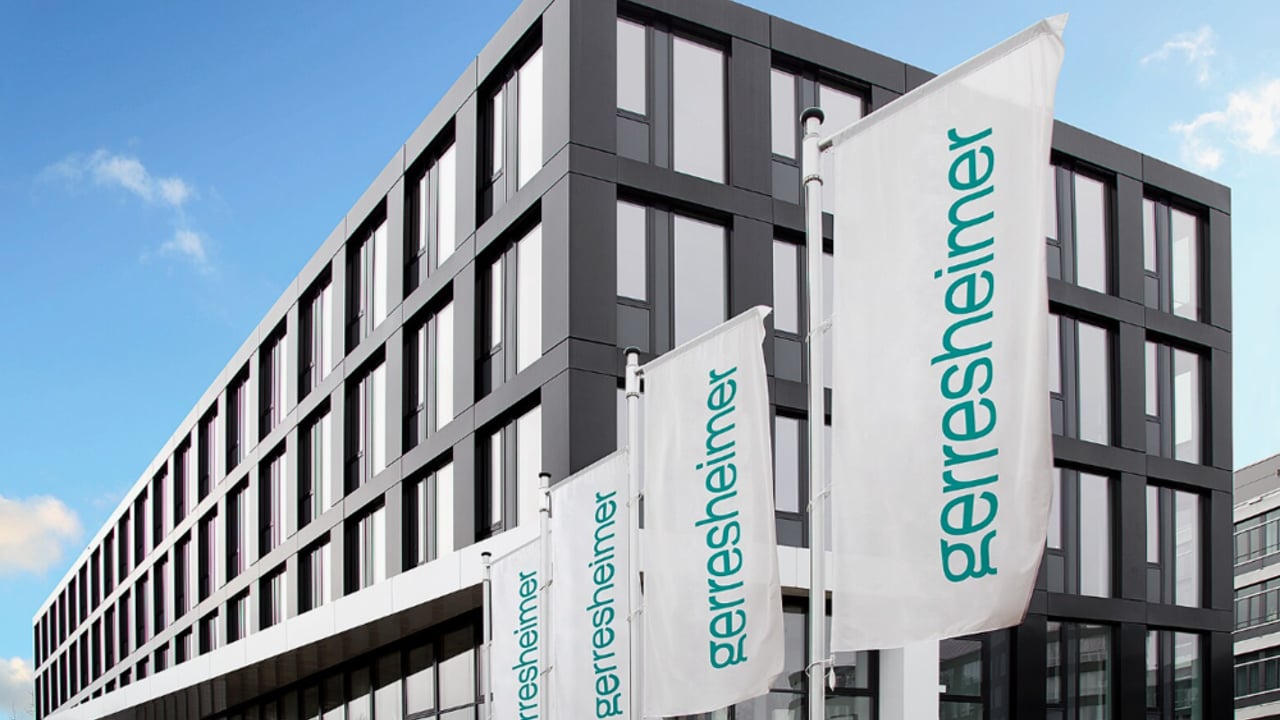
This move has the power to reshape the automation landscape within an ever-changing technological ecosystem